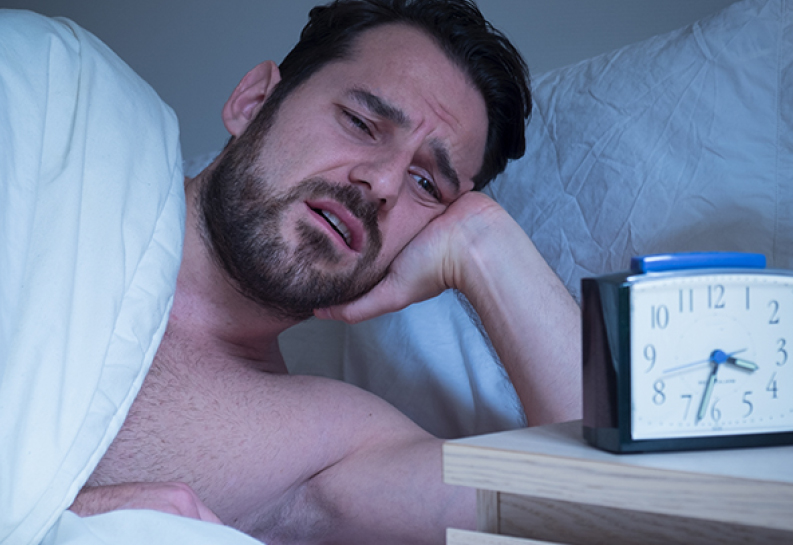
The Power of Napping: How Short Sleeps Can Recharge Your Mind and Body
In our fast-paced world, the hustle and bustle of daily life can often leave us feeling drained and fatigued. We juggle countless responsibilities, from work

In our fast-paced world, the hustle and bustle of daily life can often leave us feeling drained and fatigued. We juggle countless responsibilities, from work

As the winter months roll in, bringing with them shorter days, longer nights, and cooler temperatures, you may find yourself feeling more sluggish, perhaps hitting

Sleeping with our pets is it the ultimate comfort or could it be a disturbing habit? Many of us cherish those cozy nights when our

Good sleep is essential to a healthy life. In fact, we spend about one-third of our lives sleeping, so if you’re getting to little or

Sleep has a direct impact on mental health. Insomnia, for instance, can contribute to the development of mental health conditions like depression and anxiety. Moreover,

Healthy sleep is essential to a strong immune system. Studies show that individuals who aren’t getting quality sleep (or enough sleep) are more likely to get sick after exposure to a virus than those who are. In this article, we’ll share some different tips and tricks for what you can do to help improve your sleep health.


